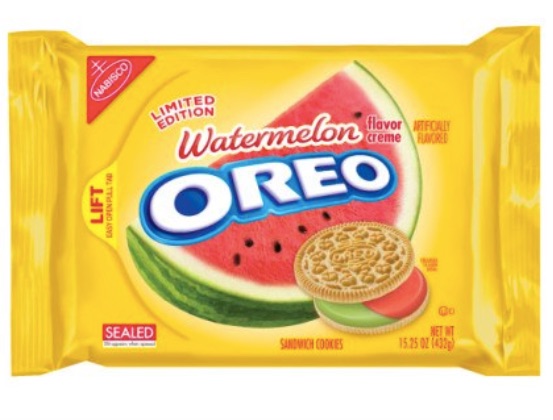There are some people who like what no one else likes. They select Diet Crystal Pepsi over Arizona Tea. They prefer Watermelon Oreos.
Researchers called them “harbingers of failure.”
Unusual Demand For New Products
Shopping focus groups typically tell us what works. However, four researchers discovered precisely the opposite. They identified a group that gets it wrong every time. As they explained, “The people who are buying failures keep buying failures.” What’s odd though is that it’s not just one item. They do it throughout the supermarket. They buy a doomed new shampoo and then an ill-fated soda flavor.
In their 2015 paper, marketing scholars from MIT, Northwestern, and Hong Kong University of Science and Technology looked at consumer demand for new products. After gathering data on 8,809 new supermarket products, 439,546 transactions, and 77,744 customers, they concluded that success didn’t necessarily equate to sales. The reason was the “FlopAffinity” consumer, the person who loved the items that most of us avoided.
In their research, they isolated the people who had a flop affinity. They had four product classifications: healthcare, beauty, edibles, and general merchandise. They also calculated repeat purchases and the demand for other niche products. This was one of their formulas:
In addition, they were curious about whether the people who liked the flops bought items that were successful. Their variables then took them to a “Success Avoidance” ratio:
Essentially though, they divided their sample into four groups of customers. Group 4 had a 67 percent flop rate. That just meant that 67 percent of the new products they purchased were withdrawn from the market within three years. These consumers who were the “harbingers of failure” bought less expensive items and more beauty than healthcare items. Their FlopAffinity ratios correlated to the Success Avoidance results.
Our Bottom Line: Demand
Traditionally, sellers like more demand. But demand for new products can be about more than the quantities we are willing and able to buy at different prices. If you are a retailer, you also want to know who likes your new products. When sales of that item increase because “harbingers of failure” buy it, then you know you have a flop.
These were some of the biggest recent flops:
My sources and more: For insight about “harbingers of failure,” you might just read the original paper. It’s interesting. However, for a much shorter version, a summary of the study was described by Northwestern and in this WSJ article.








